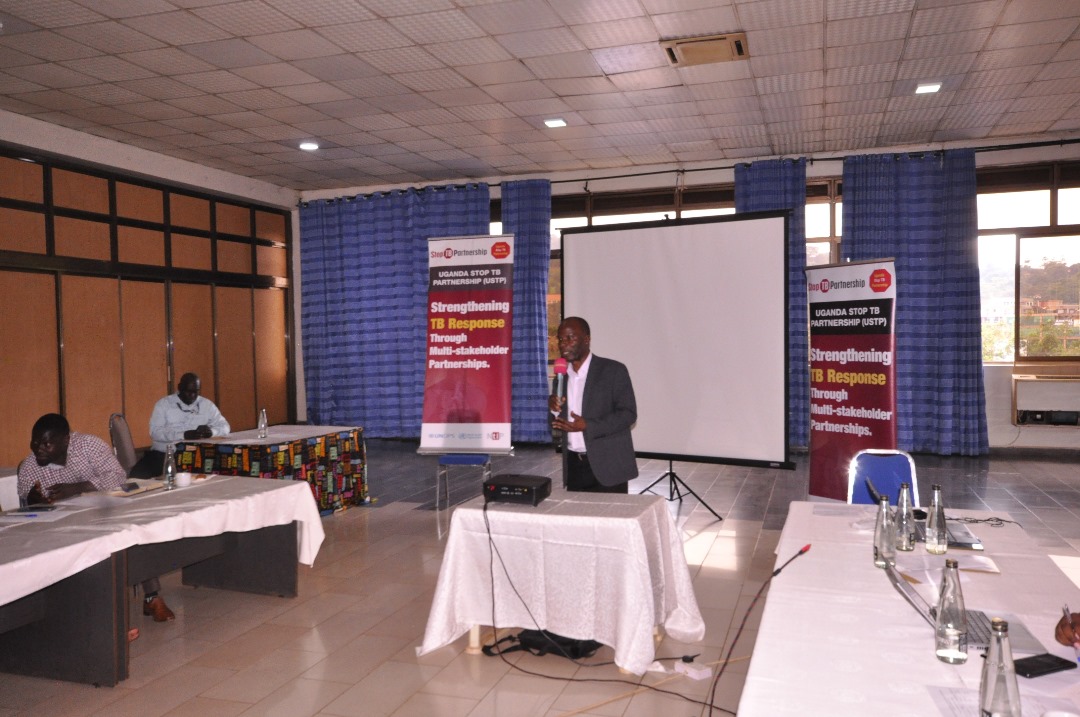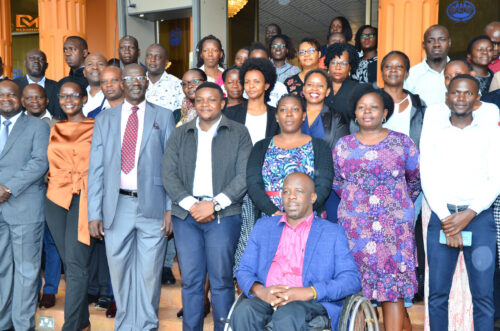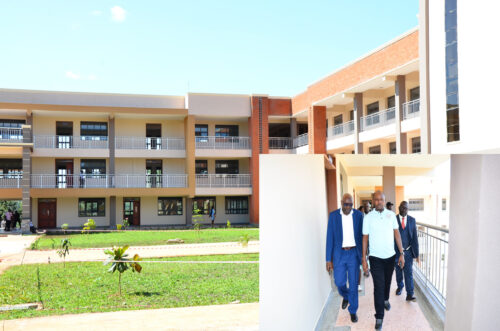Dr. Paddy Busulwa, Technical Advisor at the Stop TB Partnership, has raised concerns over the rising death toll from tuberculosis (TB) in Uganda, urging citizens to unite in the fight against the disease. With 40 deaths occurring daily, TB remains one of the leading causes of death in the country, especially affecting vulnerable groups such as people living with HIV, children, and those in poverty. Despite being preventable and curable, TB continues to claim lives due to challenges like limited access to healthcare, drug-resistant strains, and low public awareness.
During a media briefing in Mukono, Dr. Busulwa called for urgent investment in healthcare and better access to diagnosis and treatment, stressing that it is unacceptable for so many to die from a disease that can be controlled. The Stop TB Partnership is working alongside the government and civil society to address these challenges, but a unified national effort is required to curb the epidemic and meet the goal of eliminating TB by 2030.
The Stop TB Partnership has issued an urgent call to action in Uganda, highlighting the devastating toll tuberculosis (TB) is taking on the country, with 40 deaths daily, despite the disease being both preventable and curable. Dr. Paddy Busulwa, Technical Advisor at the Stop TB Partnership, stressed the need for immediate intervention, citing Uganda’s staggering annual TB death rate of 90,000. Vulnerable groups, such as individuals living with HIV, children, and impoverished communities, are disproportionately affected, while the rise of drug-resistant TB further complicates efforts to curb the disease.
Although preventive measures, such as anti-TB drugs available for high-risk populations, have been implemented, challenges like limited access to healthcare, low public awareness, and stigma remain significant obstacles. The World Health Organization (WHO) ranks Uganda among the 30 countries hardest hit by TB and drug-resistant strains globally.
Speaking at a recent briefing in Mukono, Dr. Busulwa called for the disease to be treated as a national emergency, with greater investments in healthcare infrastructure and public awareness campaigns. Allen Kuteesa, representing TB-affected communities at the Global Fund, emphasized the need for social protection programs to help TB survivors recover from the financial burden of treatment.
Despite existing initiatives, such as the National TB and Leprosy Program, progress remains hindered by funding shortages and low TB detection rates, with only 70% of estimated cases being identified. This leaves many unknowingly spreading the disease, endangering public health.
To meet the global goal of eliminating TB as a public health threat by 2030, coordinated efforts from the government, civil society, and the private sector are essential.
#DEKAMOS MEDIA UPDATES!!!
Our Passion is capturing great moments……
Facebook: Dekamos Media Services.
Youtube: Dekamos Tv.
Tiktok: dekamos Tv.
Email: dekamosmediaservices@gmail.com.
Website: https://www.dekamosmediaservices.com
Tell: 0756389851









